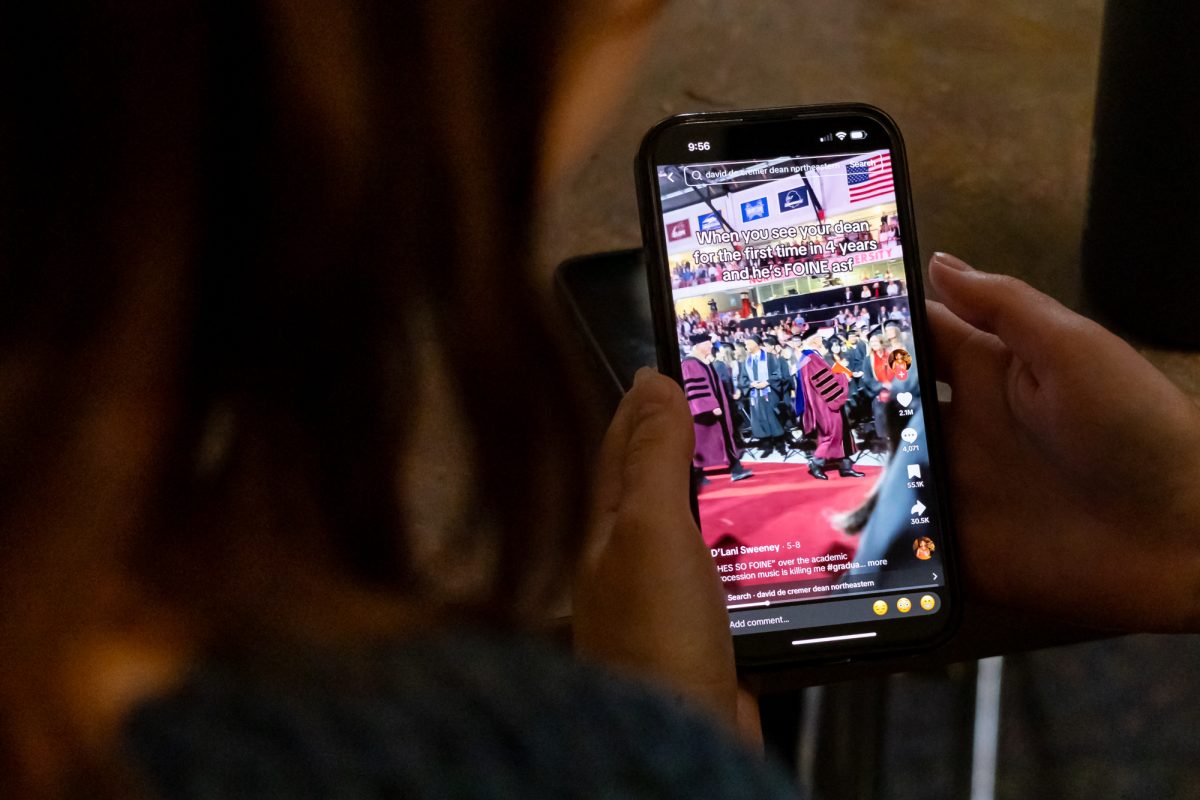On Nov. 8, 2023, the Television/Theatrical Negotiating Committee of the Screen Actors Guild-American Federation of Television and Radio Artists, or SAG-AFTRA, announced its members had voted unanimously to adopt a tentative agreement with the Alliance of Motion Picture and Television Producers, or AMPTP, ending the 118-day strike — the longest in SAG-AFTRA history — effective the following day at 12:01 a.m.
Last May, SAG-AFTRA’s national board of directors unanimously agreed upon a strike authorization vote prior to renewing its labor contract with AMPTP after the Writers Guild of America, or WGA, went on strike. With a 98% margin, SAG-AFTRA approved the strike authorization in early June last year and agreed to prolong negotiations until a month later, July 13. Little to no concessions were made between SAG-AFTRA and AMPTP, resulting in SAG-AFTRA’s negotiating committee voting unanimously to strike. Soon before the strike commenced, the cast of “Oppenheimer” walked out ahead of its London premiere — setting a grim tone for the next four months.
“Greed is what caused the end of the strike. Pride is what caused the strike to happen — companies too prideful to negotiate with extremely important cogs in their machines,” said Chase Goldberg Friedman, a second-year media and screen studies and political science combined major and SAG-AFTRA member. “Greed would have led them to a deal before the strike ever happened.”
The terms of the strike prohibited actors from filming and engaging in promotional work — essentially shutting down Hollywood. Numerous actors’ unions around the world also stood in solidarity with SAG-AFTRA, including the Alliance of Canadian Cinema and the Television and Radio Artists, or ACTRA.
For many aspiring performers and artists, such as Annaliese Fagan, a third-year theatre and journalism combined major, the strikes have compelled them to take a look at labor conditions worldwide.
“[It] put a lot [of] things in perspective for me in the way that we have taken a global stage,” Fagan said. “If it was the other way around, like, if other countries in Europe were going through this entire ordeal, the U.S. would not have paid as much attention … it makes me want to be more active when it comes to global politics in the entertainment industry, outside the U.S.”
On Sept. 24, 2023, the WGA and AMPTP reached a tentative agreement and the WGA strike officially ended Sept. 27 after 146 days, securing increased minimum wage, health benefits and length of employment for members. Nonetheless, the SAG-AFTRA strike continued.
Later that month, SAG-AFTRA and AMPTP announced they would resume negotiations Oct. 2, 2023, the first meeting between the two organizations since the strike began. However, negotiations broke down Oct. 11, 2023, with SAG-AFTRA accusing AMPTP of using “bully tactics.”
Negotiations resumed Oct. 24, 2023, and SAG-AFTRA lead negotiators received an offer Nov. 4 from AMPTP that they designated as their “Last, Best and Final Offer” leading to the strike’s Nov. 9 end. Among numerous compromises, the deal includes minimum compensation increases, with an immediate 7% and 11% wage increase for performers and background actors, respectively. Actors are also now eligible for a “success payment” for being a part of streaming projects that have a large audience.
“The deal itself is a huge success, though I’m tempted to say some things could have been pushed slightly further. I’m reminded of the WGA deal, where every single thing that they wanted they got,” Goldberg Friedman said. “But I’m not one to scoff at something that is legitimately good when its success means the survival of hundreds of thousands of people. Ultimately, everything that happened is to the success not just of the actors, but the entire industry as a whole.”
Additionally, producers must now receive an actor’s consent to utilize their digital counterparts. Actors will also be compensated for the time their digital likeness was utilized, even if they were not physically on set. Despite this agreement regarding artificial intelligence, or AI, some are not fully convinced enough progress has been made.
“It deeply concerns me that the union was not able to get their demands met regarding the remuneration for the use of artificial intelligence,” said Dr. Laurel E. Ahnert, an assistant teaching professor of media and screen studies at Northeastern. “The fact that studios held absolutely firm on this despite risking prolonging the strike means they fully plan on using this technology … the deal significantly reduces the labor power of SAG-AFTRA going forward and it has huge reverberations outside of the film and television industries.” Anhert also raised the concern that one’s likeness can be owned by major corporations with the ability to duplicate such images as they please, raising significant ethical and legal questions.
As of Jan. 9, SAG-AFTRA struck a deal with an AI voice studio Replica Studios, allowing AI to recreate the voice of a living or late performer. Though the deal does not pertain to using AI for generating synthetic performances, many gaming voice actors have expressed being “blindsided” and “betrayed” by the deal’s terms as SAG-AFTRA did not properly consult with its union members about the decision, sparking concern within the acting community — regardless of their preferred medium.
Despite these worries, many have applauded the efforts of SAG-AFTRA.
“I’m really proud of the way that the actors and writers stood together in allegiance with each other, ensuring that the future of actors would be secure in terms of AI and working conditions and better pay,” Fagan said. “I believe there is always work to be done and I am happy that we are being acknowledged for the work we are doing in the industry … Although it lasted a lot longer than people expected to, we had a platform and ability to do that.”
While there is cause for celebration, SAG-AFTRA’s contract with AMPTP will have to be negotiated again in three years.
“But that is a bridge to cross then,” Goldberg Friedman said.
















